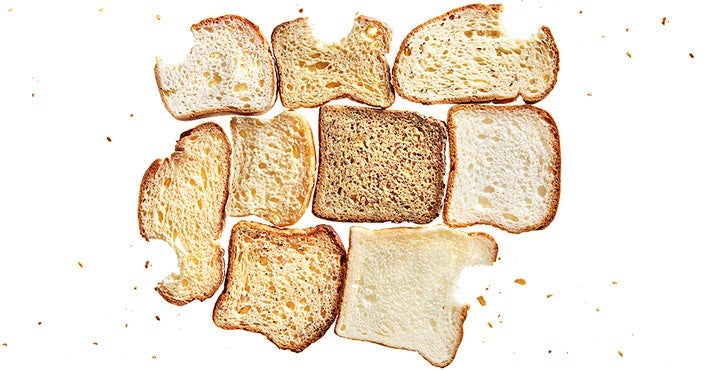Gluten-Free Isn’t a Weight-Loss Trick
It's the biggest food trend since (wheat-free) sliced bread. But can it actually help you slim down?
Last updated June 13, 2024

It's the biggest food trend since (wheat-free) sliced bread. But can it actually help you slim down?

This content is for informational purposes only and does not constitute medical advice, diagnosis or treatment. It should not be regarded as a substitute for guidance from your healthcare provider.
The field of weight management is evolving–and fast. New research. New treatments. Lots of misinformation. Our clinical newsletter helps sort it all out.